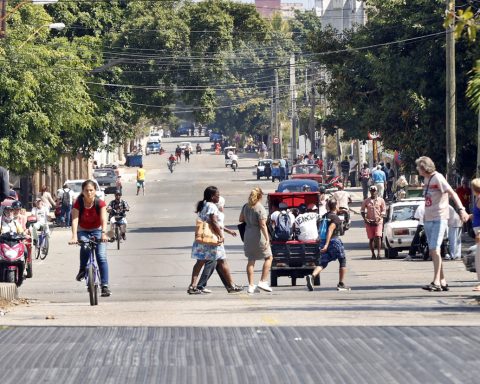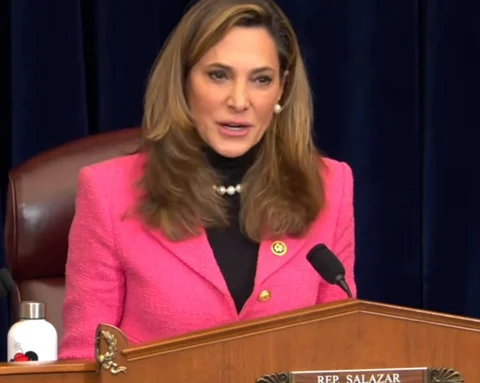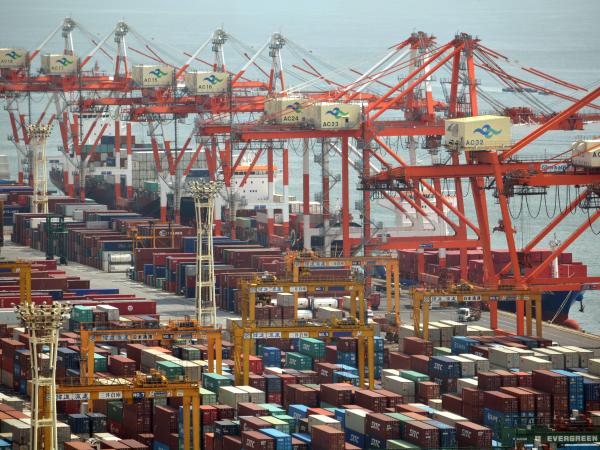LAS TUNAS, Cuba. — These days, the expression “Failed state” —referring to Cuba— has been in vogue. And, certainly, Cuba is a dunghill, a nation-stable, which is a bunch of people led and not a nation. But it is politically incorrect, and at least redundant, to say “failed state” of a regime that eliminated democracy and the market economy to establish the so-called “dictatorship of the proletariat” and govern from the single party and state monopolies with the prerogatives of billionaires. .
In Cuba, putrid sewage water spilled and with fecal feces puddle the hollowed streets where many years ago the asphalt disappeared making the indigenous stones outcrop, impassable for presidential limousines; But while the Cuban streets have become streams of pestilent waters due to the work and grace of laziness or government profit, paradoxically, not a single drop of drinking water circulates through the aqueduct pipes; there is also no electricity any day, at any time, and at night, turned off, the towns and cities resemble rural cemeteries on the edge of an endless alley, where, in search of food, a breath of air or a path where fleeing from communism, hunger, misery and the terror of a life without a promising future, people huddle like cattle next to the talanquera.
Hanging the “Failed State” sign on the Castro-Communist is a tender sophistry for a cruel regime. In Cuba, a country that was the world’s largest producer of cane sugar, there is no sugar —a pound costs 100 pesos—, the sugar mills are old junk, chipped and rusty, like the thermoelectric plants that caused the collapse of the national electrical system. But the factories and workshops that supply all the logistics of the Revolutionary Armed Forces (FAR) work perfectly and are even optimally painted as part of their conservation and aesthetics.
The nation is not just the state. Nation is “a popular body that inhabits the same country and is constituted under the same government”, according to Webster’s concept and according to Normann Heller. The State is “a unit of domination, independent on the outside and inside, which acts continuously, with its own modes of power and clearly delimited in the personal and territorial,” and it does not seem that, in Cuba, the totalitarian Castro-communist regime has failures of “unity of domination” clearly defined and well delimited that domination in the “personal and territorial”.
No. Let’s not have any illusions. The totalitarian Castro-communist state is not a fragile state, despite its dismal economic, social and political indicators, concerning public debt, labor productivity, inequalities in human development, galloping migration —which is now at the lowest level highest in the entire history of Cuba – and the population’s standard of living – made even more expensive by the devaluation of the national currency, the very low supplies of food, drinking water, medicines, communal and personal sanitation.
Despite the drop in the population’s levels of trust in government institutions, Castro-communist totalitarianism is still strong, despite the mockery of elections and referendums, the null capacity of public services —even messaging and postal services— , the lack of protection of citizens and human rights all violated.
Despite these flaws, in Cuba, the totalitarian State is effective because it has managed to maintain what Max Weber called the “institutional association of domination that has tried, successfully, to monopolize legitimate physical violence within its territory (through of the powers of the State) as a means of domination and that, to this end, it has gathered all the material means into the hands of its leaders and has expropriated all the human beings who previously had them in their own right, replacing them with their own hierarchies supreme”.
For those who have forgotten them, I remind you of the universal characteristics of totalitarian dictatorships, according to Friedrich and Brzezinski, adopted by Fidel and Raúl Castro since they took power in 1959 and meticulously followed by those who admit to being “continuity” of the Castro brothers:
- An ideology elaborated with millenarian pretense.
- A single mass party that is usually led by a single person, the dictator, or in the absence of a charismatic leader, by a political bureau.
- A system of terror, physical or psychological, exercised through the control of the party _and we saw it on July 11 when Díaz-Canel gave the combat order and by the secret police.
- A control over all mass media, such as the press, radio, television and the internet, and in cyberspace, we have recently seen how people who have broadcast social protests have been arrested by the police.
- A control of all weapons, including even small compressed air guns.
- A centralized control and direction of the entire economy, both domestic and import and export.
Cuba is in the hands of an effective totalitarian state, like few others in the history of humanity, which has made state control a means and way of life for many social classes, made up of people who are interested in seeing that, politically and structurally, nothing changes in the Cuban panorama, unchanged for more than 60 years.
In this sense, understand that Castro-communism is not interested in public policies aimed at the well-being of citizens, but rather in operational control techniques to civically emasculate the person. Dismantling these techniques, or at least making them less effective, is the only way we have to make the totalitarian state less effective.
OPINION ARTICLE
The opinions expressed in this article are the sole responsibility of the issuer and do not necessarily represent the opinion of CubaNet.
Receive information from CubaNet on your cell phone through WhatsApp. Send us a message with the word “CUBA” on the phone +525545038831, You can also subscribe to our electronic newsletter by giving click here.


















